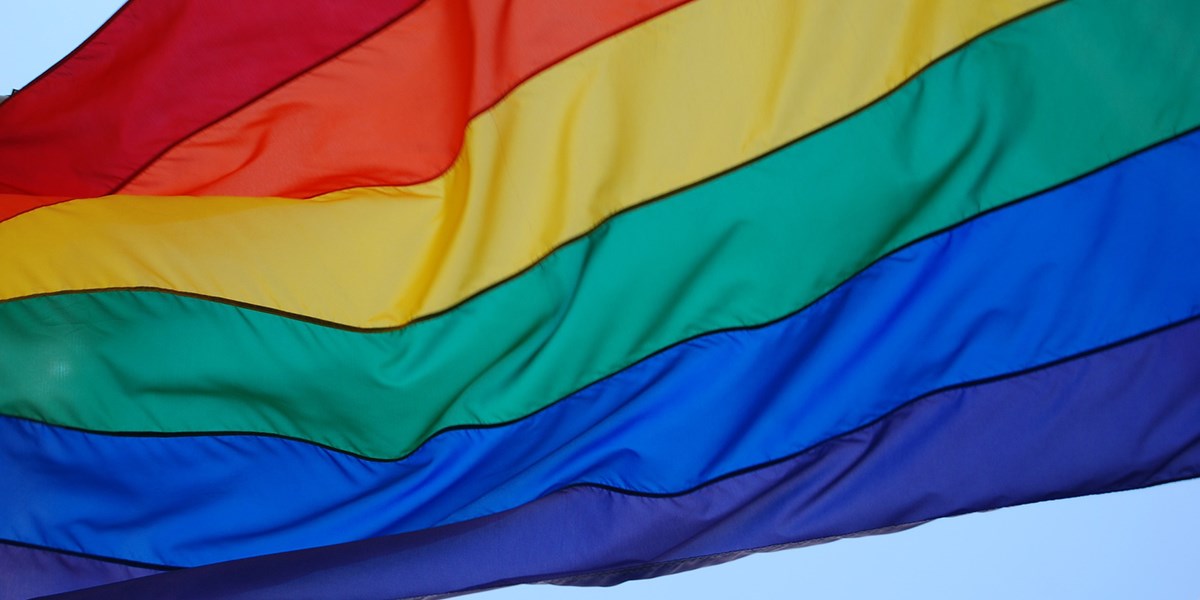Reflecting on 2018 as LGBT Parents in Waiting

And just like that, another year is over. In addition to resolutions for the upcoming year, New Year’s Eve is always a time for reflection and New Year’s Day is a time for planning. Sometimes there is celebration--other times grief or anxiety.
Regardless of one’s political leanings, a passionately-divided nation is a source of stress--and stress is not conducive to general health. Especially when it comes to family-building efforts. So remember, your personal physical and mental health must take priority. Long Island IVF can help you with both the physical and emotional challenges of family-building.
Looking back on 2018, the LGBT community has experienced a range of positives and negatives. It’s often difficult (if not impossible) to separate LGBT family-building options and rights from whatever the current politics may be.
On the positive side, there’s the long-term partnership of Long Island IVF and The LGBT Network which is committed to facilitating building families in the LGBT community. Sponsoring Long Island Pride each year, reuniting with the LGBT parents and the children we helped them create, and meeting prospective new parents is always a highlight of the year for Long Island IVF’s doctors and staff. Those good vibes continued with periodic family-building seminars at Long Island IVF Melville office as well as the LGBT Network’s Bayshore Center in an effort to get the word out regarding the many options for family-building that are open to gay, lesbian, bisexual, and transgender singles and couples.
Despite such progress and positivity, 2018 brought agendas and appointments that caused some to question or fear the potential loss of momentum and rights with respect to LGBT family- building and more. Many are concerned over the changing United States Supreme Court membership and the future impact a more conservative Court may have on issues like gay marriage, abortion rights, and assisted reproductive technologies like in vitro fertilization (IVF).
State-sponsored “personhood amendment” movements – – seeking to have fetuses recognized as people from the moment of conception-- would not only affect abortion laws but may drastically impact the way reproductive medicine is practiced, especially for IVF. Today, people undergoing IVF routinely select a limited number of embryos to transfer in a given cycle and cryopreserve or freeze the remainder for future use. Sometimes embryos are donated to other couples or to science or are discarded. Imagine the impact on IVF if embryos are legally deemed to be people upon fertilization in the lab. While egg-freezing programs might be spared (since an unfertilized egg alone is not capable of being classified as a person), couples wishing to freeze fertilized embryos for fertility preservation purposes prior to one of the partners undergoing cancer treatment would likely also be impacted if personhood amendments are adopted.
And speaking of adoption, 2018 saw the defeat of a proposed congressional amendment that if passed would have enabled discrimination by child welfare providers against the LGBT community, single, and other vulnerable groups seeking to adopt or foster children. Holding providers harmless, it would have allowed the denial of services to groups of people whose lifestyles and beliefs clash with the provider’s “sincerely held” religious and moral convictions. The Aderholt Amendment, though defeated, was a wake-up call for vigilance.
On a more positive note, on the New York state level, the past two years have seen Governor Cuomo champion equality legislation by ensuring that access to fertility treatments not be impeded based on sexual orientation or marital status— thereby protecting lesbians and single parents among others. In addition, this year he also signed an executive order “prohibiting state contracts with entities that support discrimination” in an effort to protect the LGBT community and others from discrimination by businesses that receive state aid.
Long Island IVF and other prominent infertility advocates worked hard in 2018 to promote the passage of the Fair Access to Fertility Treatment Act (FAFTA). On a positive note, both the New York Assembly and Senate supported their respective versions of the Act prior to the end of the legislative session in 2018. We echo the words of Barbara Collura, President of Resolve, The National Infertility Association, in hoping a compromise FAFTA bill will pass in early 2019 which would provide for “full access to the optimal standard of care for medical treatments for all those struggling to build a family and those needing life-affirming fertility preservation services.”
Now that’s a resolution worth committing to.
If you or someone you love would like more information regarding LGBT family-building options, the Long Island IVF LGBT program has been building families for decades and would be happy to help you build yours. Contact us today to schedule a consultation.
